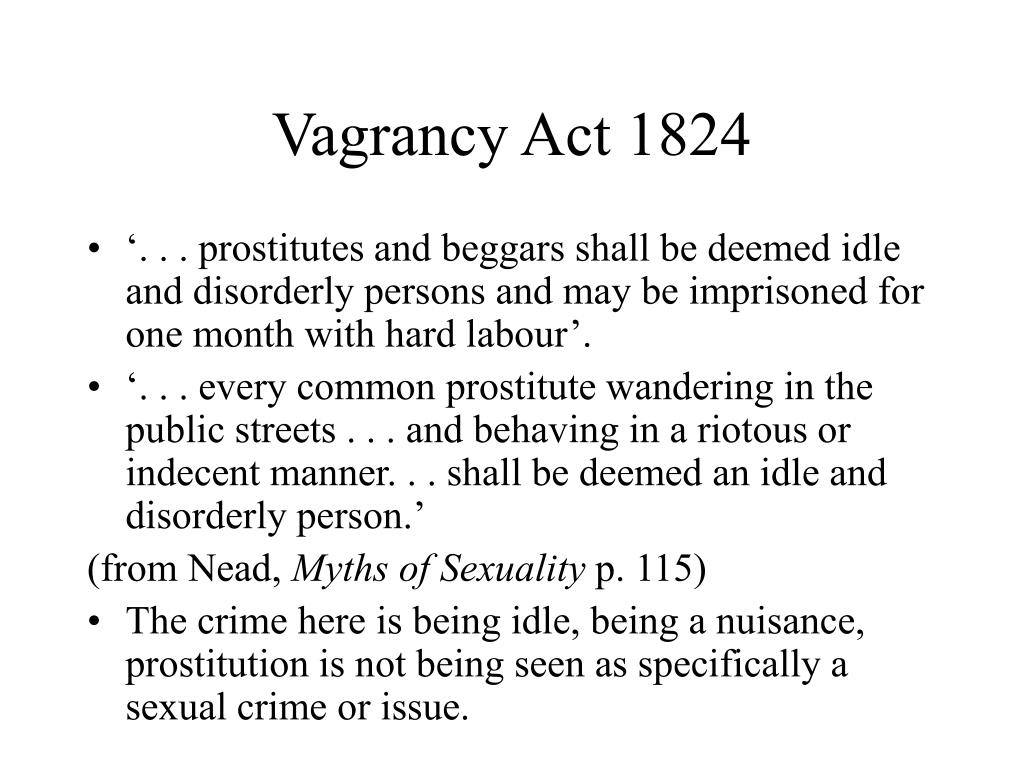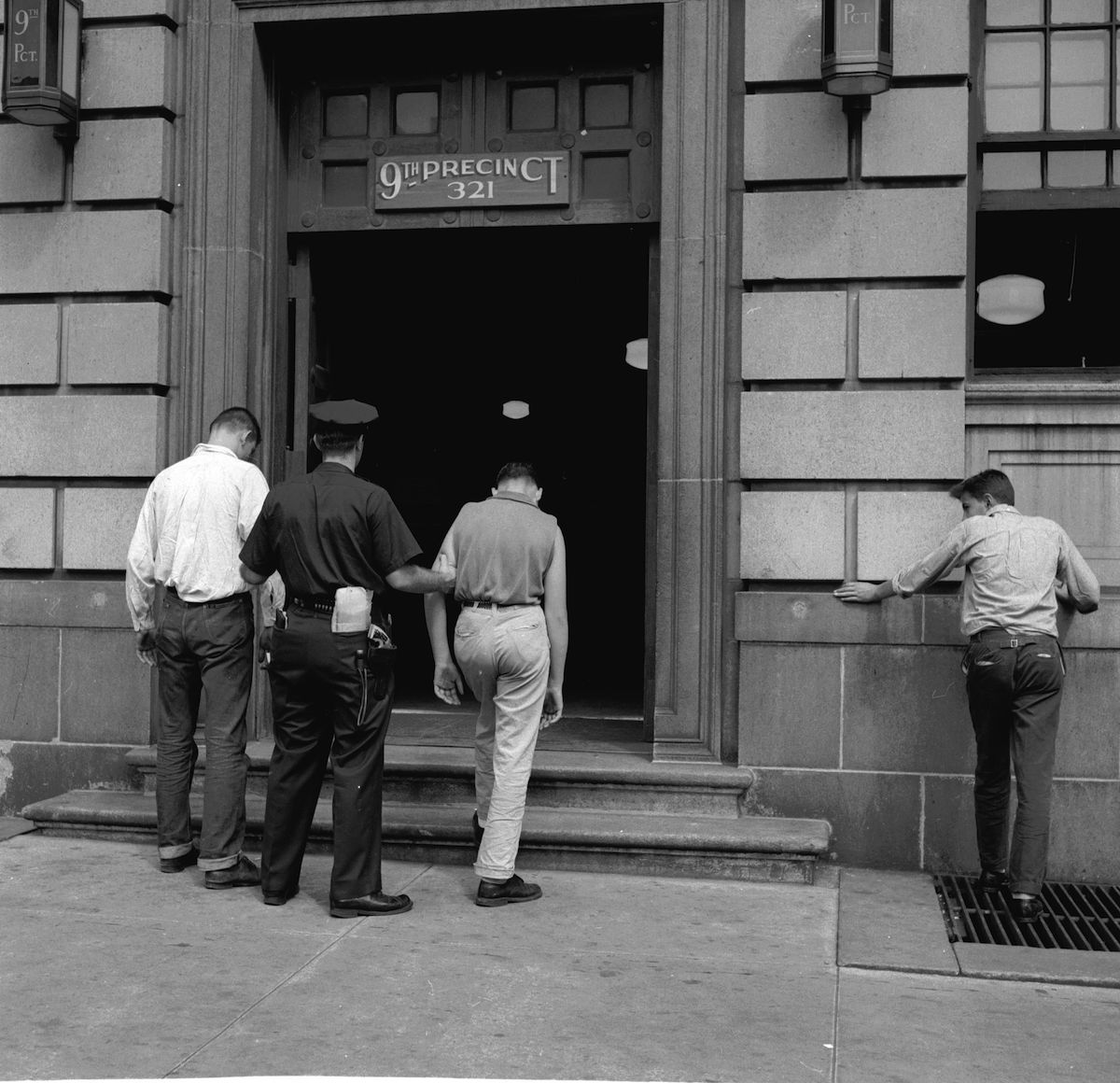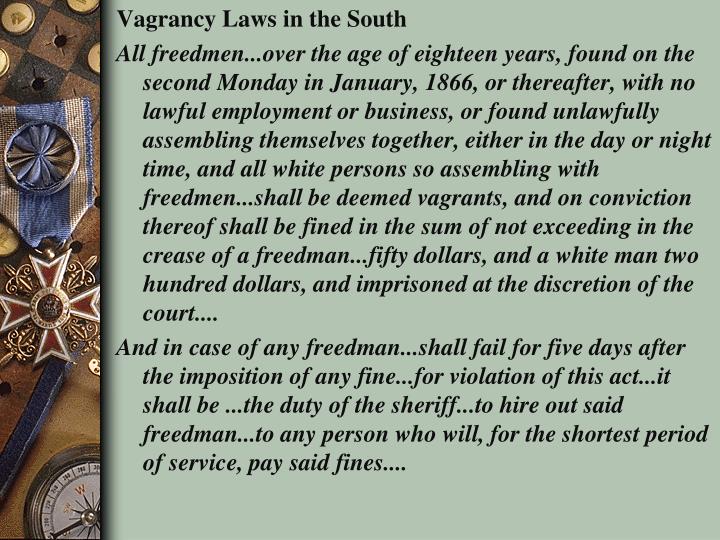
Americans generally believe that people should work hard to help themselves, instead of taking money from the government. Many people give to charities, or to homeless people on the streets, but some think they are responsible for their own situation. There are similar publications in the US, but they are less popular. In Britain homeless people are able to make some money by selling The Big Issue magazine: they buy copies of the magazine and sell them at a higher, fixed price to members of the public. Some homeless people survive by begging (= asking for money).

Some become homeless as a result of family arguments, broken relationships, violence, and mental illness. For many people, homelessness begins when they lose their jobs and cannot pay their rent. They are often away from the centre of town, people need to have money for the bus to get there and some homeless people do not feel safe in them. Many do not have enough space, or have only enough money to stay open for part of the year. The US also has shelters but it is not easy to get a bed in one. In the US many towns have laws making it illegal to sleep on the streets, so the police may tell people to move during the night.
#Vagrant laws free#
Each winter around Christmas, they also organize campaigns which raise money to provide extra night shelters and soup kitchens (= places giving free hot food). Charities such as Shelter, Centrepoint and the Salvation Army provide help and advice and run hostels for the homeless. In Britain, local councils are required by law to find somewhere for homeless families to live, and many families are housed in bed-and-breakfast accommodation. In Britain, the alternative to sleeping rough is to try to find a bed in a hostel or night shelter. Homeless people sleep in shop doorways, under bridges, or anywhere they can find away from the wind and rain. Now, many younger people, and even families with small children, are homeless. In the past, people who had no permanent home were called tramps or vagrants.


Many are forced to sleep on the streets ( BrE also sleep rough or be a rough sleeper) because they have nowhere else to go. Indeed, the relatively protracted dismantlement of the vagrancy law regime raises the question whether bottom-up constitutionalism lacks potency in the absence of an intermediary organization with a well-defined litigation strategy.Culture homelessness homelessness A number of people in Britain and the US are homeless (= have nowhere to live). On this alternative reading, the uncoordinated legal efforts to overturn vagrancy laws in a decade dominated by more contentious litigation campaigns may have contributed to a tepid decision by the Supreme Court, which ultimately invalidated vagrancy laws on narrow legalistic grounds. It is possible, however, to interpret that decade's upheaval, which rendered explicit social stratification increasingly vulnerable, as an impediment to a budding anti-vagrancy law consensus instead of a prerequisite for legal change. In Vagrant Nation, Risa Goluboff persuasively links the demise of vagrancy laws to the cultural and constitutional turmoil of the 1960s.

This essay reflects on the relationship between the diffuse legal struggle to dismantle vagrancy laws during the 1960s and the larger history of twentieth-century social movement advocacy.


 0 kommentar(er)
0 kommentar(er)
